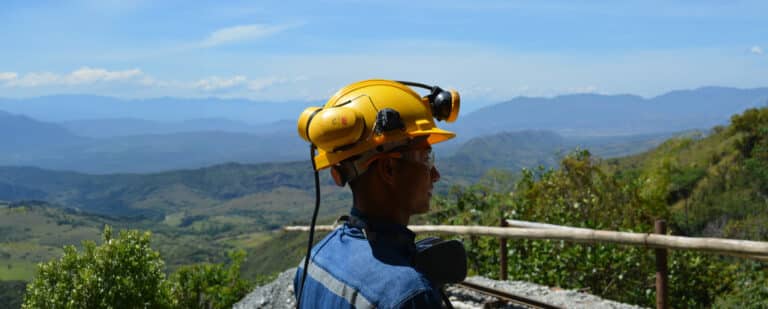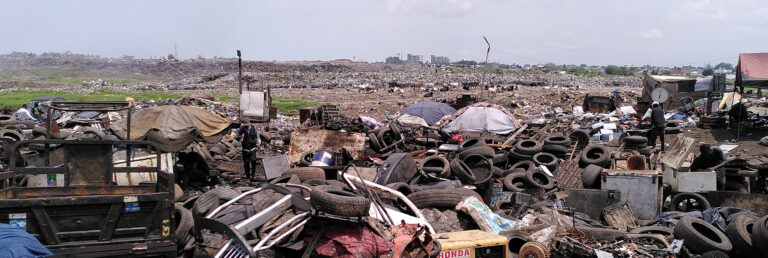Fair Materials 101: Why we can’t turn our back on mining
The “circular economy”: a concept that is becoming more and more prominent in the current Zeitgeist. Whether it’s an Instagram ad for a recycled-fiber sweater tagged with #circular, or an ambitious European Commission action plan, the idea is catching on – and catching up.
A circular economy is an economic system aimed at eliminating waste and facilitating the continual use of resources. It’s a driving vision here at Fairphone: a world in which we are truly circular – where materials can be used, recycled and reused to their fullest extent.
There’s a catch, of course: for most materials, it’s quite unlikely that recycling alone will be able to meet humanity’s growing demands for them, at least in the coming decades. While globally we are recycling more, there are barriers: certain materials can be used in a product for decades, delaying a recycled supply.
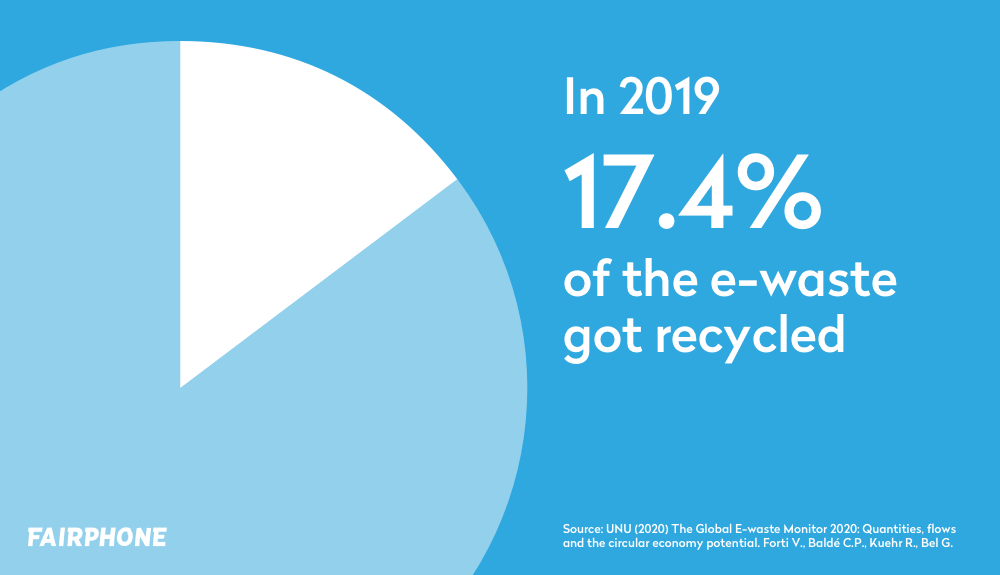
In fact, some products like tablets, consoles or mobile phones, are never recycled at all – in 2019, only 17.4% of e-waste generated was collected for recycling (*1). Let’s be honest, some of us have a mobile tucked away in a drawer because we don’t know what to do with it, even though they have valuable materials inside. Even when e-waste does manage to be successfully recycled, some materials can never be fully recovered, due to their complex combinations in such electronics.
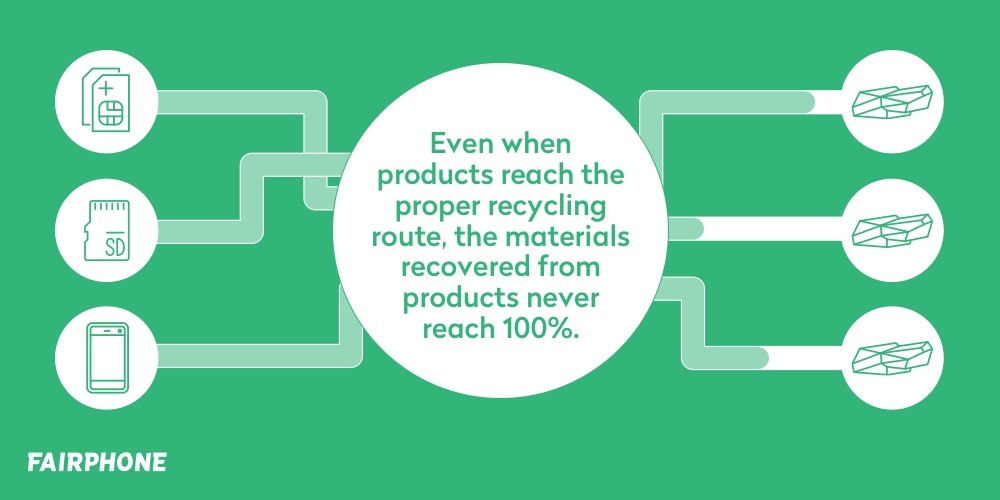
As a result of the complexity of and barriers to recycling, mining remains a crucial – and unavoidable – source of materials needed by the electronics industry, for at least the foreseeable future. If anything, mining is going to become more central to global material supplies, especially with the expected demand for materials to at least double until 2060 (*2). Aside from the general growth in demand for metals, demand is growing exponentially for specific minerals that aid in the transition to a greener economy.
Solar panels and wind turbines are essential in moving toward a greener economy and the materials to build them have to come from somewhere. Unfortunately, since there is not enough supply of recycled material to fulfill such demand, mining becomes a necessary evil.
Obviously, this poses something of a dilemma. The mining sector is currently rife with social and environmental challenges, ranging from environmental damage and armed conflict to human rights violations. At the same time, millions of people around the world – particularly in developing countries – rely on the mining sector for their livelihoods. Artisinal and small-scale mining (ASM) is a critical source of income for many, but the very nature makes ASM notorious for poor working conditions, including instances of child labor and severe pollution.
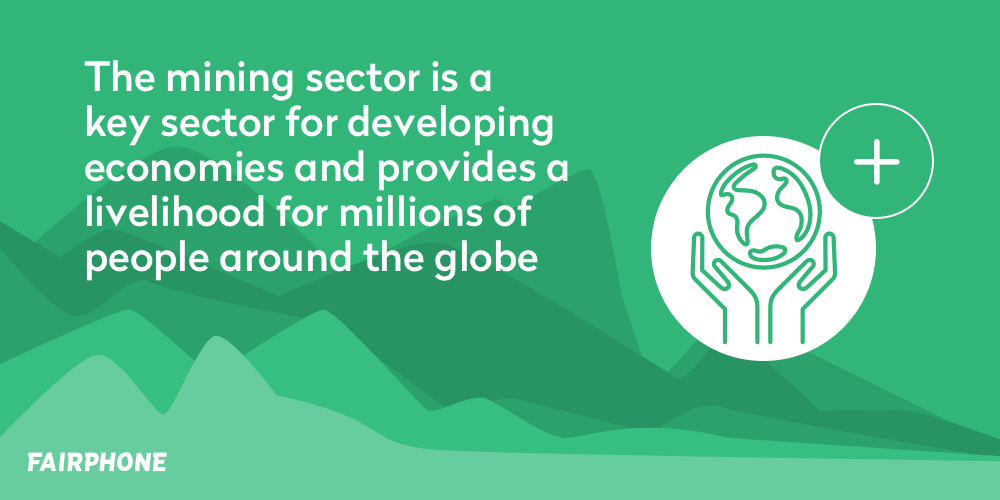
So we can conclude that while recycling is a vital piece of the circular economy puzzle, it is currently unable to provide all the materials we need, reinforcing the need for mining. At Fairphone we see this as a necessity as well as an opportunity to transform the mining sector and encourage the socially responsible sourcing of materials. The mining industry affects many lives, and pushing for sustainable, ethical and transparent operations could provide multiple inroads to foster a fair transition towards circularity and aid in the growth of emerging economies.
In our next blog, we’ll dive a little deeper into the mining industry – discussing the difference between large-scale industrial mines and ASM – and how Fairphone’s approach is creating change throughout the sector.
(*1): UNU (2020) The Global E-waste Monitor 2020: Quantities, flows and the circular economy potential. Forti V., Baldé C.P., Kuehr R., Bel G. United Nations University (UNU)/United Nations Institute for Training and Research (UNITAR) – co-hosted SCYCLE Programme, International Telecommunication Union (ITU) & International Solid Waste Association (ISWA), Bonn/Geneva/Rotterdam. Available at: https://www.itu.int/en/ITU-D/Environment/Pages/Spotlight/Global-Ewaste-Monitor-2020.aspx
(*2) OECD (2019), Global Material Resources Outlook to 2060: Economic Drivers and Environmental Consequences, OECD Publishing, Paris. Available at: https://doi.org/10.1787/9789264307452-en.


